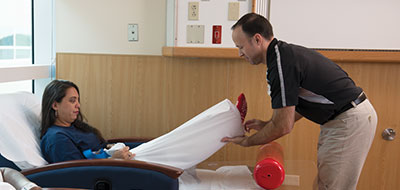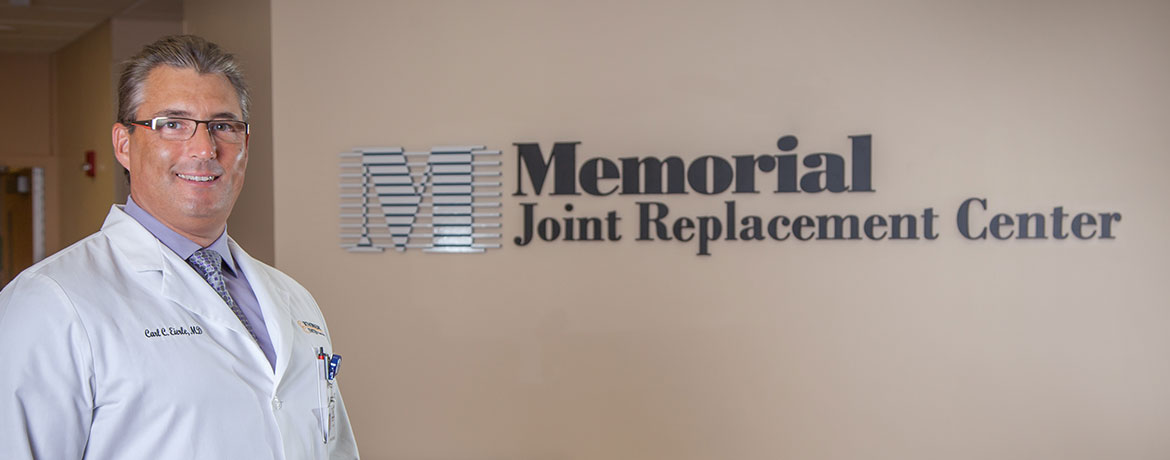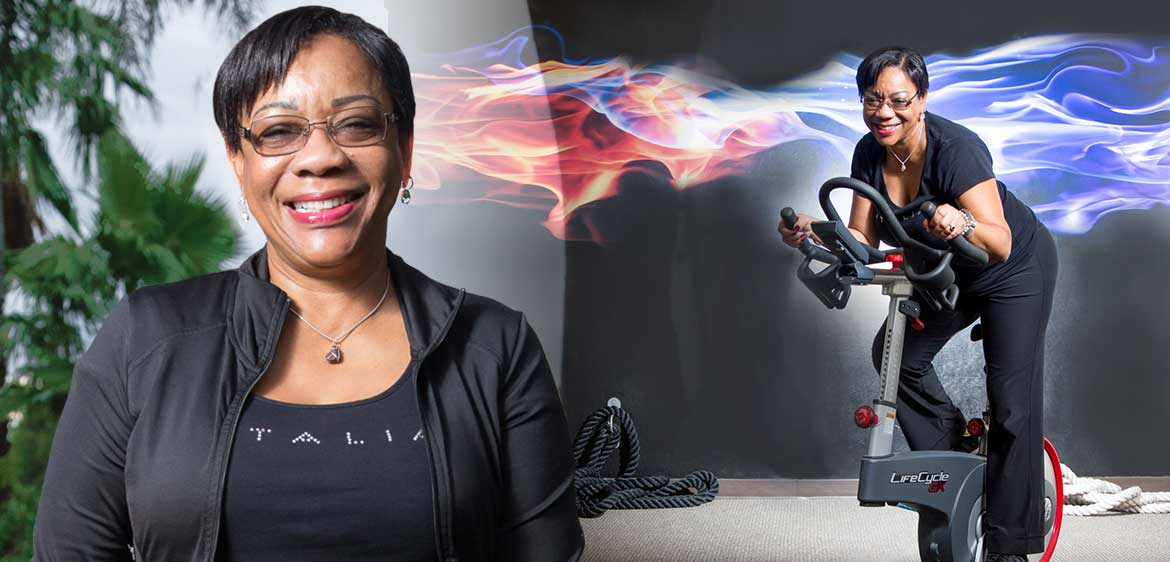
Memorial Joint Replacement Center at Memorial Hospital West continues to grow and exceed safety, quality and service expectations, with an 83 percent increase in case volume since the program’s inception in 2015 and an overall patient satisfaction rate of 98 percent during the past year.
Memorial Hospital West is the first out of more than 300 hospitals in the Marshall Steele Joint Replacement database, a gold standard for joint replacement surgery, to implement the Joint Replacement Center Outpatient Therapy Program. The program offers individual and group physical therapy focused on early mobilization. More than 76 percent of the center’s patients are walking continuous distances greater than 300 feet prior to discharge, exceeding the Marshall Steele average.
With an exclusive surgical unit dedicated to the entire spectrum of joint replacement, the center nearly tripled its capacity in the last year. The facility recently moved from the hospital’s main building to a new wing featuring a 40-bed unit to accommodate the program’s growth, including a new physical therapy area and a more aesthetically pleasing layout.
“The major advantage of coming to our center is that we have a streamlined and efficient process that decreases the length of stay. In terms of length of stay and discharge rate home, we’re in the top 10th percentile in the country,” said Carl Eierle, MD, Medical Director, Joint Replacement Center.

The Joint Replacement Center provides exceptional patient- and family-centered care that includes a patient care coordinator and a dedicated orthopedic team. The Center also has standardized the continuum of care by establishing best protocols and measuring outcomes, allowing the care team to be more patient-centered.



